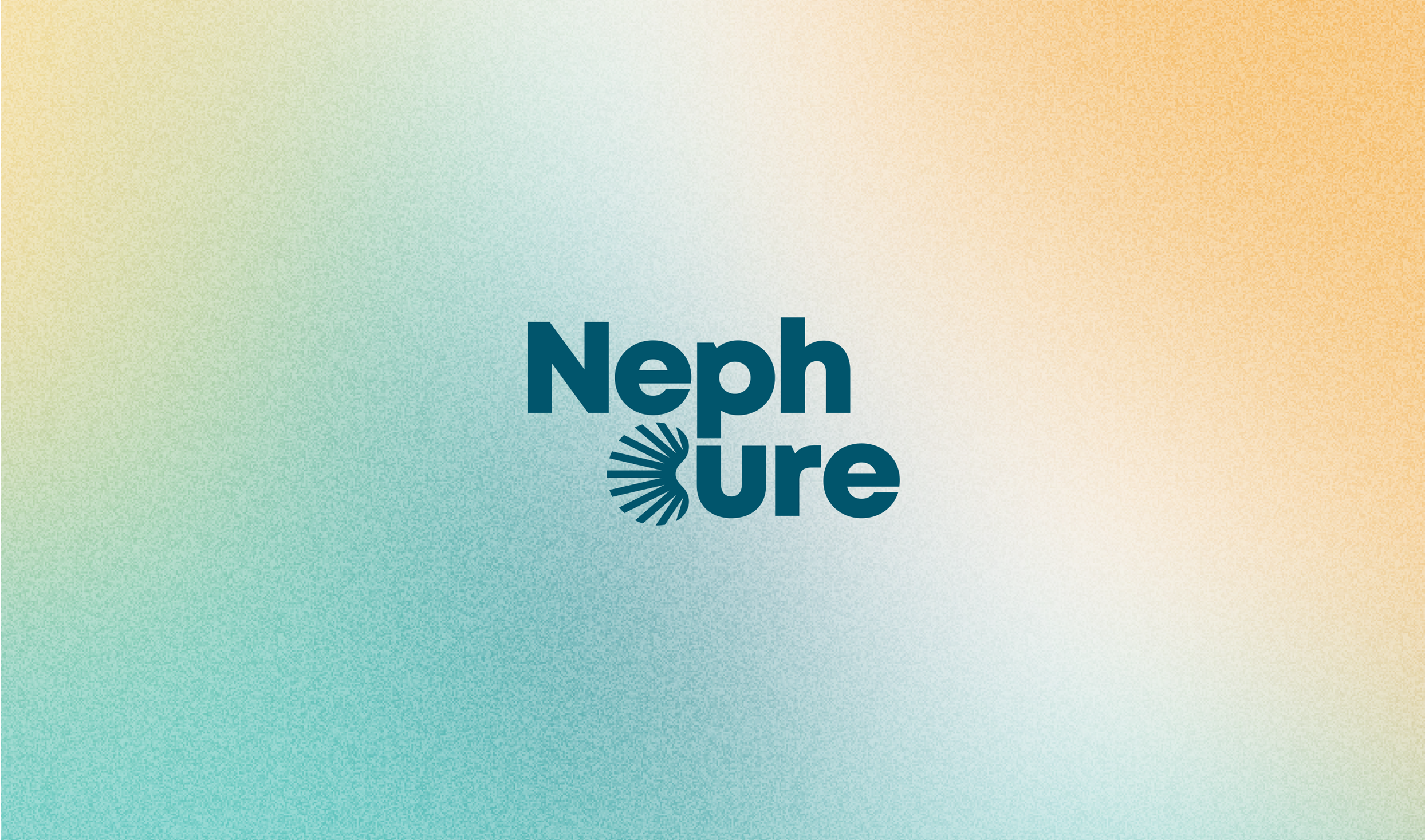Lauren’s Story: From Rare Disease to a Renewed Sense of Purpose
It’s true, life can change in an instant, often when you least expect it. It doesn’t matter if you’re 21 or 83, just had your first child or are heading off to college, ready to start fresh. One moment, everything feels normal. Then suddenly, your entire future looks different.
That’s what happened to Lauren. After earning her bachelor’s degree in psychology in Virginia, she traveled back to her rural upstate New York hometown during the COVID pandemic. Like many others at the time, she went in for her vaccine. She had no idea that just days later, everything in her life would begin to change.
A Health Mystery Begins
Just two days after receiving the vaccine, Lauren noticed her urine was cranberry-colored. Being only 19 at the time, highly active and healthy, this was especially alarming. She went to the local hospital, and they chalked it up to a severe UTI. Lauren, having never had a UTI, didn’t question it. However, the UTI never went away. In fact, it got worse. For six months, Lauren was back and forth to the doctors, but the diagnosis remained the same: UTI.
At the six-month mark, she had her annual PCP appointment. A few days before, she noticed her feet were looking a bit odd. When she arrived, her PCP examined her feet and it was clear she had developed gout. Her clinician ordered lab work, which finally started to put the pieces together: Lauren’s kidney function was at just 18%, meaning she was dangerously close to kidney failure.
Although she’d been in some discomfort and was feeling very tired, she was also working three jobs and had a busy social life. She just assumed life was taking its toll on her body. Kidney failure was the last thing she could have imagined.
Searching for Answers
She was referred to see a nephrologist, 1.5 hours away, that same day due to the urgency of her condition. After reviewing her labs, he immediately sent her to the ER for an AKI (acute kidney injury). She was hospitalized for ten days, and since it was still during COVID, no one could go with her, leaving her alone and understandably frightened.
Her nephrologist was puzzled. She didn’t have any of the usual kidney disease markers or a family history. He consulted with a board of doctors from Montreal and Toronto, trying to get to the bottom of Lauren’s failing kidneys. They noticed she was spilling a significant amount of protein, which prompted a biopsy for IgA (immunoglobulin A). The biopsy confirmed she had IgA nephropathy. At that point, after her 10-day hospital stay, her kidney function was sitting around 25%.
After speaking with her mom, who was living in Virginia Beach, Lauren decided to move there to access better healthcare. By then, her symptoms had worsened. She had edema, or swelling, almost everywhere. The day before her first appointment with a new nephrologist, she began experiencing seizures and was rushed to the ER again. Doctors discovered she had PRES syndrome, which can cause headaches, seizures, and changes in mental state, often caused by renal failure. Plus her kidney function had dropped to just 2%, and she needed to start dialysis immediately.
When dialysis didn’t work, they began plasmapheresis, the removal, treatment, and return (or exchange) of blood plasma. After that failed to help, her team knew they had to look beyond IgAN. Hematology stepped in, running every test they could think of. Once again, Lauren became the focus of a boardroom full of out-of-state doctors trying to understand her case.
The result? Test her for aHUS (atypical hemolytic uremic syndrome). She tested negative for the genetic markers, but she was experiencing life-threatening complications: lungs filling with blood, brain bleeds, and more. The clinical team ultimately decided to put her on the medication, and it worked.
Transplant, Setback, but Still Moving Forward
Lauren spent a total of four months in the hospital during this time. She remained on dialysis for about two years and was eventually approved to join the waitlist for a kidney transplant from a living donor. Although she didn’t test positive for any genetic markers, aHUS and IgAN are generally considered genetic, so doctors advised her to avoid a family donor. An old family friend from her hometown in upstate New York got tested and turned out to be a match.
While waiting for the transplant, Lauren continued to bounce in and out of the hospital. Her medication wasn’t keeping up with the illness, and insurance barriers made it difficult to access the care she needed. In March 2023, Lauren successfully received her transplant. But at her six-month post-transplant check-in, doctors discovered her disease had returned.
Fast forward to 2025, Lauren describes things as “okay.” She still visits the hospital every couple of months for flares and receives Ultomiris every two weeks, an immunotherapy treatment she was first prescribed when doctors suspected aHUS. Although she never tested positive for the condition, the medication worked, so they continued it. Now, she works with a caseworker who regularly checks in to confirm that the treatment is helping, which helps prevent the kind of insurance denials she faced early on.
Looking Ahead With Purpose
Because of her condition, she’s no longer able to work with autistic children, the very reason she earned her degree in psychology. That loss forced her to reimagine what her future could look like. After so much time spent in hospitals, she decided to return to school, this time to become a nurse.
With everything she’s been through, Lauren now carries a deep, firsthand understanding of what it means to be a patient with a rare disease. Her goal is to channel that knowledge into care, especially in transplant or oncology nursing, where her lived experience can make a real difference.
As someone living with a chronic illness, you may wonder how Lauren will work as a nurse while being immunocompromised. That’s part of why transplant and oncology care appeal to her, settings where patients are not contagious. Her school has been incredibly supportive, and she’s set to begin this September. While she’s still looking for answers about her own health, the decision to pursue nursing has given her something she didn’t expect to find again so soon: passion and purpose.
In the meantime, Lauren aims to focus on the things that make her happy and excited about the future. She’s working at a coffee trailer, early mornings but full of small joys and warm routines. She recently got engaged and bought a house with her fiancé. She also began seeing a doctor at Columbia University who specializes in glomerular diseases. While he doesn’t have all the answers or a cure, she sees this as a hopeful new chapter in her care.
Finding Connection Through NephCure
As her journey has unfolded, Lauren has also found community. She’s part of several Facebook groups and Reddit threads for people living with rare kidney diseases, but NephCure has been where she’s built her strongest connections. NephCure is a nonprofit organization focused specifically on supporting patients with rare, protein-spilling kidney diseases such as IgAN. Through their events and support spaces, Lauren has met others navigating similar challenges, people who truly understand what it’s like.
We had the pleasure of meeting Lauren at a NephCure patient event in NYC this spring. She credits the organization not just with providing information, but with helping her feel supported, understood, and connected to something bigger than her diagnosis.
While life hasn’t returned to how it once was, Lauren is building something new, rooted in hard-earned knowledge, real connection, and hope for what comes next.




